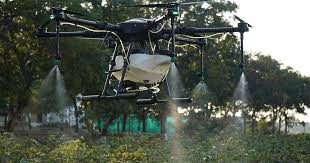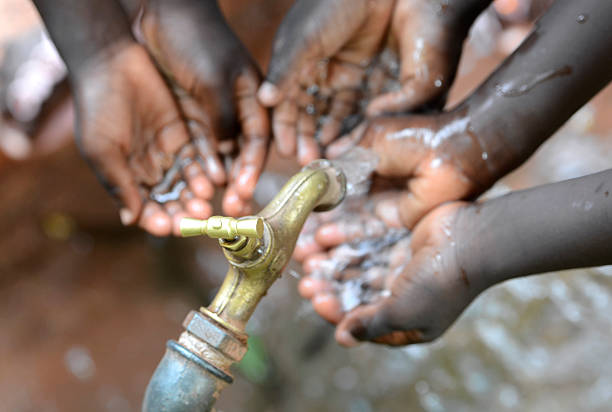0%
positive reviews
0.4K
questions and answers
0+
award winning
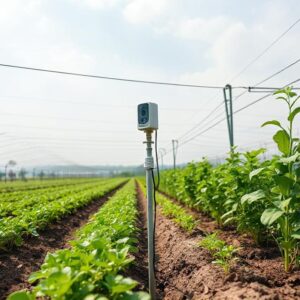
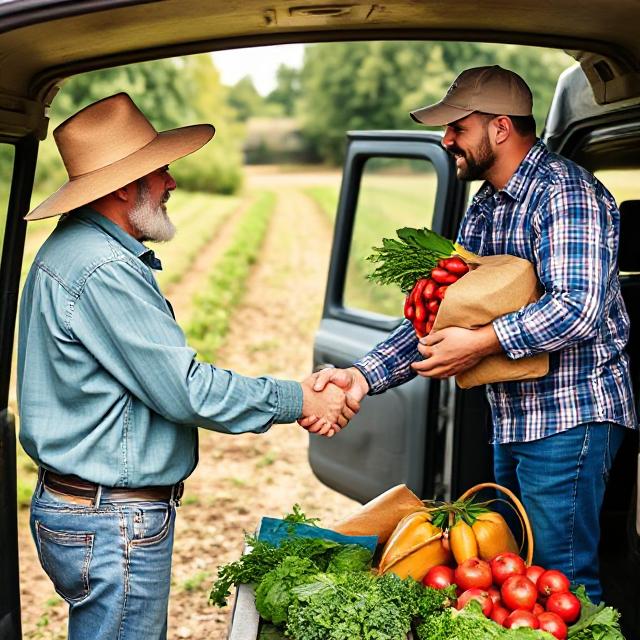
Direct Market Access
One of the biggest hurdles faced by smallholder farmers is limited access to markets. Often, they are forced to sell their produce at low prices through intermediaries, which diminishes their earnings and undermines their efforts. Our initiative addresses this issue by facilitating direct market linkages.
By connecting farmers with consumers, cooperatives, and local businesses, we create opportunities for fair trade and better pricing. This not only increases farmers’ incomes but also fosters community-supported agriculture, where consumers are more aware of the source of their food and its environmental impact.
Reducing Post-Harvest Losses
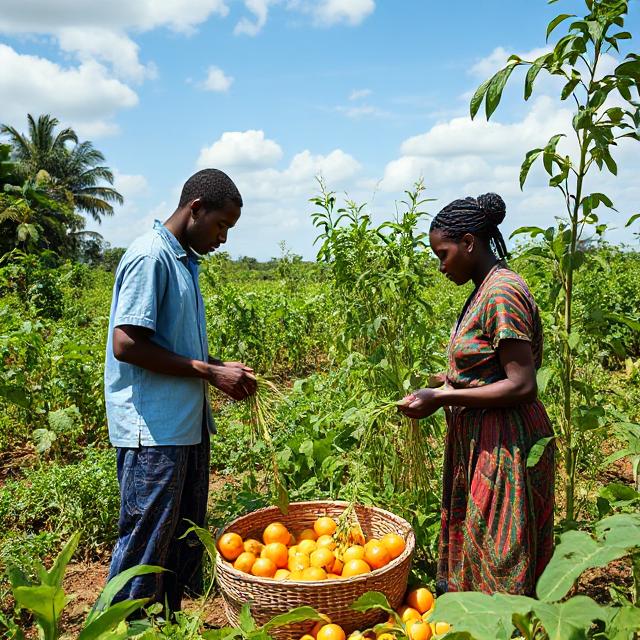
Post-harvest losses are a significant barrier to food security, particularly in regions where infrastructure may be lacking. To combat this, we provide training on proper harvesting techniques, storage solutions, and value addition processes. Educating farmers on how to handle their produce effectively ensures that less food goes to waste and more reaches those in need.
Innovative storage solutions, such as solar-powered cold storage units, can dramatically extend the shelf life of perishable goods, allowing farmers to sell their products at optimal times and prices. This not only improves income stability for farmers but also ensures that communities have reliable access to fresh food year-round.
Knowledge Innovation Communities
Planting the Seeds of Change Together-we recognize that groundbreaking solutions for food security don’t emerge in isolation. They are cultivated
Research & Innovation
Expanding Horizon-At Greenloop, we recognize that the fight against food insecurity in communities across the region demands more than just
Water, Sanitation & Hygiene
The Unseen Foundation-We often talk about seeds, soil, and sunshine when discussing food security. But there’s a less visible yet



